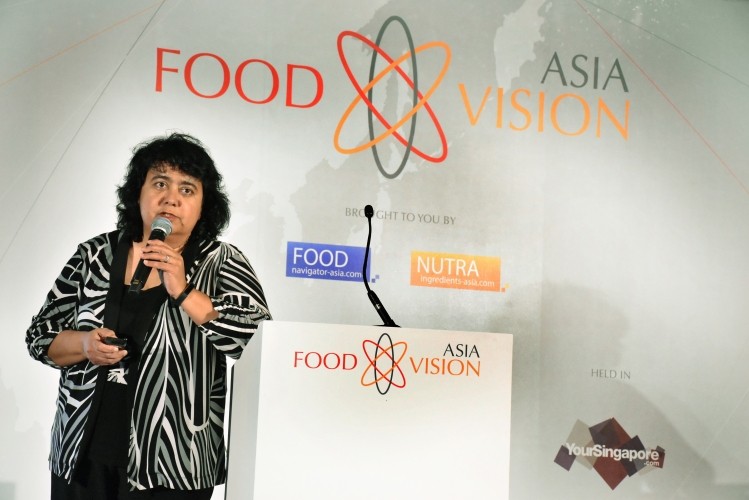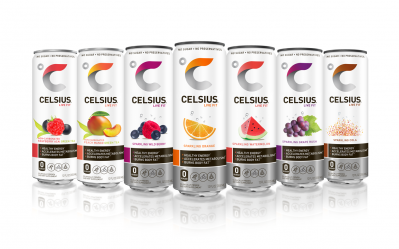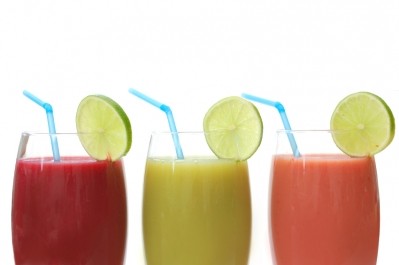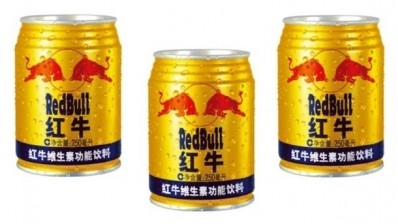Functional beverages in Asia: Start-ups need to 'redress the health balance'

Sophia Nadur, the founder and CEO of UK-based Tg Green Teas, has over 20 years marketing and innovation experience with Coca-Cola, Mars, Unilever, and Kraft/Mondelēz.
But after taking her Chinese green teas featuring TCM ingredients to the UK market, she is now keen for Asian drink companies to rebalance their own markets by taking a ‘back to nature’ approach.
Speaking to us in the days after her appearance at our Food Vision Asia summit in Singapore, she reflected on the seismic shifts in consumer trends in many Asian countries in recent years.
“Young people, folks born after 1990, have been strong adopters of Western food and drink such as Coca-Cola, Starbucks, Sprite, Fanta and Pepsi, but they are open still to consuming packaged food and drink containing traditional ingredients,” she said.
“However social media literacy and a desire for modern formats and packaging means that Asian companies need to rethink their approach to incorporating TCM / Ayurveda into food and drink, and this [includes looking] at how the West is presenting their traditions.”
Development costs
A key consideration was to not get fixated on health claims, she said, adding that in her opinion beverages do not need to secure claims before launch.
“The convenient food and drink produced in Asia that contain TCM and Ayurveda struggle to compete with Western food and drink in terms of taste, while TCM/Ayurveda food and drink developers tend to focus on securing health or efficacy claims so development costs are high,” she said.
“In China, there has always been a push to promote TCM using a research and science-based approach while in India they have largely relied on traditional knowledge, yet India has arguably been successful in getting the West to adopt Ayurveda food and drink ingredients because they wrap it up in more holistic therapies, such as with yoga.
“This is why, in my presentation at Food Vision Asia, I commented about Tai Chi being a huge untapped complementary resource for Chinese companies, who only have to read China's recently released 2030 Health Plan and its focus on preventative healthcare.”
Nadur also believes beverage firms should take inspiration from the changing attitudes of governments’ in the region, many of which are considering new taxes, regulations and policies to encourage healthier lifestyle initiatives.
“Asian companies will be incentivised to find solutions quickly,” she said, suggesting that companies should also look to the West for "turnkey" solutions or fast-adapting tech ideas.
“I am seeing more collaboration between Asian and Western companies. but more needs to be done in order to meet the needs of demanding consumers and governments in this region,” she said.
Joint venture partner
With regard to her own product, she describes Tg Green Teas as a “a western product full of Chinese heritage.”
She said the product range hit the “sweet spot” for healthy beverages, by being naturally functional, low sugar/calorie and affordable/widely available.
The products are about to be stocked by major UK supermarket Tesco and Nadur is seeking a partner to help launch in Asia.
“The drinks would play a unique role in re-introducing folks to traditional wellness ingredients, wrapped up in nutritionally sound recipes and contemporary packaging,” she said.
“I am actively looking for a joint venture partner.”







